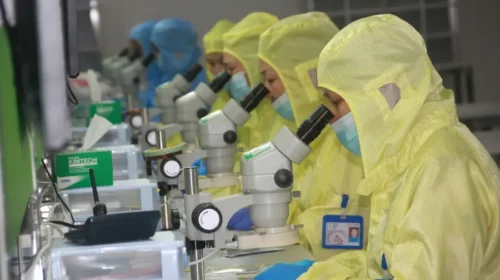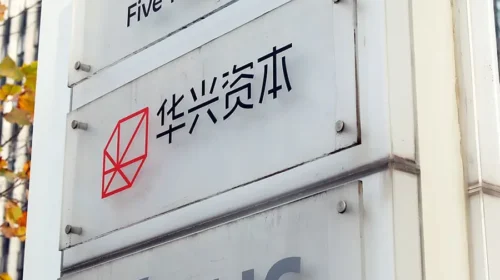FAST NEWS: Ascletis Pharma’s loss narrows as core product sales surge

The latest: Ascletis Pharma Inc. (1672.HK) announced Tuesday its net loss narrowed sharply in the first half of this year to 16.56 million yuan ($2.3 million) from an 88 million yuan loss in the same period last year.
Looking up: The company’s revenue in the first half of the year increased by 21.7% to 46.51 million yuan, mainly due to a surge in sales of ritonavir, a protease inhibitor, by 6,292% to 44.17 million yuan. Its gross margin also soared by 19.3 percentage points to 83% because of improved cost controls in production.
Take Note: Ascletis did not record any promotional services revenue during the period, compared to 33 million yuan in the same period last year.
Digging Deeper: Founded in 2013, Ascletis develops and makes innovative drugs to treat viral diseases, non-alcoholic steatohepatitis and cancer, and was listed on the Hong Kong Stock Exchange in 2018. Its core product, ritonavir, is a pharmacokinetic enhancer of several oral antiviral drugs targeting viral proteases and is a component of the oral Covid drug Paxlovid. It was approved for sale by the National Medical Products Administration of China in September 2021, and has quickly become a mainstay of the company’s revenue.
Market Reaction: After initially opening higher, Ascletis Pharma shares fell back on Tuesday morning and were unchanged by the midday break, closing at HK$1.87. The stock now trades near the lower end of its 52-week range.
Translation by A. Au
Have a great investment idea but don’t know how to spread the word? We can help! Contact us for more details.
To subscribe to Bamboo Works weekly free newsletter, click here





